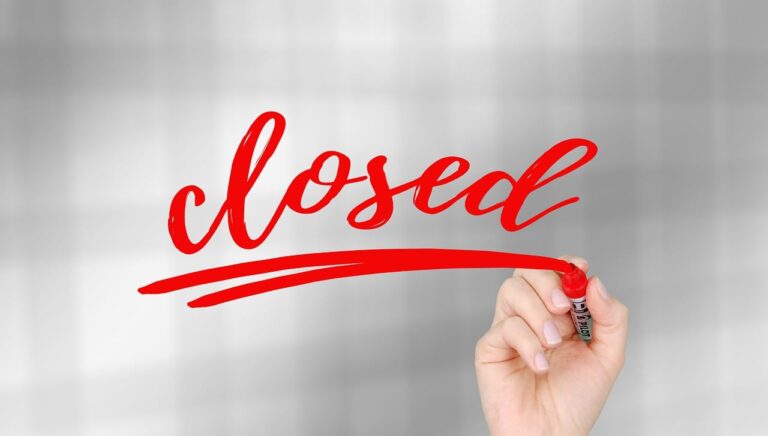Weekly Fiscal Facts are provided to Wisconsin Newspaper Association members by the Wisconsin Policy Forum, the state’s leading resource for nonpartisan state and local government research and civic education. The Wisconsin Policy Forum logo can be downloaded here.
The durability of changes to travel patterns during and after the COVID-19 pandemic have left the city of Milwaukee’s transportation fund at a crossroads, a new Wisconsin Policy Forum report finds.
Revenues that support the transportation fund have rebounded somewhat from a sharp decline that occurred in 2020 amid a widespread shift to working from home and plunging attendance at entertainment events. But it remains unclear when or if the revenues will return to pre-pandemic levels.
Coupled with this year’s expiration of federal pandemic aid, this means increases in transportation fund revenues may need to be considered if the fund is to maintain appropriate levels of support for its direct obligations, which include parking facility and streetcar operations in Milwaukee. The transportation fund is supported with its own dedicated revenues, primarily from city parking structures, lots, meters, permits, parking citations, and the streetcar (known as The Hop).
An additional question is whether the city can eventually resume tapping the fund to provide much-needed support for general city operations — or whether it can be used to help address new transportation-related priorities, such as expanding bicycle and pedestrian initiatives or combatting reckless driving.
Milwaukee’s 2024 budget projects transportation fund operating revenues of $42.5 million. That would be an increase from the 2023 adopted budget ($39.8 million) but still 8.3% below the $46.3 million the fund generated in 2019, without adjusting for inflation. Meanwhile, the city has been steadily drawing down the fund’s reserves since 2020, and they have now been largely depleted.
While Milwaukee’s transportation fund faces an uncertain future, its challenges are not unique, and strategies exist for policymakers to consider if they wish to boost transportation fund revenues.
These include additional changes to meter pricing, selling city parking lots and structures, joining a growing number of municipalities collecting car crash cleanup fees, or charging fares to ride The Hop streetcar. One additional strategy would involve taking a new approach to vehicles with five or more unpaid parking citations by utilizing a state law authorizing local governments to instead install a “boot” on cars to immobilize them.
This information is a service of the Wisconsin Policy Forum, the state’s leading resource for nonpartisan state and local government research and civic education. Learn more at wispolicyforum.org.



